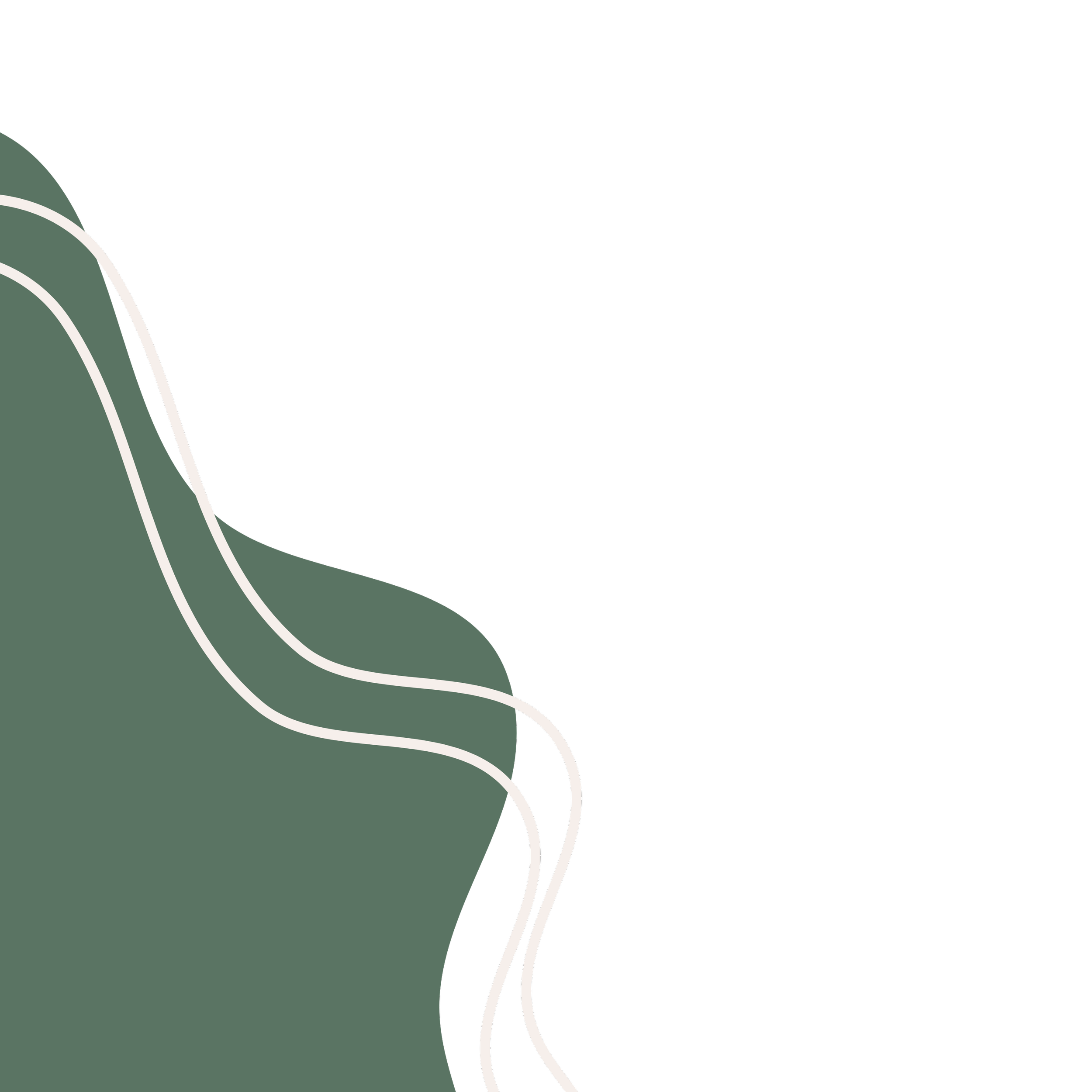
Therapy that welcomes every part of you.
Maybe you are struggling with anxiety and depression, going through a big life change, looking to heal past trauma, facing challenges in your relationships, or just needing a space to talk. I work with individuals who are seeking therapy for many reasons.
Together we will decide what you need to feel supported. Therapy is a space to talk freely without judgment, to feel heard and validated, and to feel less alone. It can also be a space to gain tools to help regulate emotions and feel more resourced in times of stress. Therapy can also be a space to heal deep wounds and to process the impacts of past painful experiences.
You can expect to be met with a gentle and non-judgmental approach. I aim to connect with clients through curiosity and compassion, grounded in my belief that we are all wired to survive. My hope is that we can build a trusting and authentic therapeutic relationship in which all parts of you will feel safe to show up and be seen.
I am a Registered Clinical Counsellor (#18908) and completed my master’s degree in Clinical Counselling through City University. My background is working with women survivors of violence in a non-profit setting. I bring an awareness of systems of oppression and privilege into my work and personal life.
I grew up in Alberta and have lived on the West Coast for over fifteen years. I live in Victoria with my partner, our dog (Rudi) and cat (Abe). My own healing journey includes therapy, mindfulness, movement, and connecting with loved ones, nature and animals.
I have learned that people are resilient and are wired for change. We all have wisdom inside that is guiding us towards feeling more balanced and whole. I love to witness clients begin to re-frame their struggles through this self-compassionate lens.
About Kate..

Counselling Approach
-
Mind-Body Connection
When we pay attention to what is happening in our bodies, we open up a whole new way of understanding ourselves. Neuroscience tells us that the nervous system, which connects our brain and our body, is where we feel our emotions. Tuning in to sensations in the body can offer new insights in therapy.
-
Self-Compassion
Self-compassion is a skill that allows us to turn inside with warmth and kindness no matter what we are struggling with. When we treat ourselves with self-compassion, rather than than self-criticism or judgment, we feel more calm and can think more clearly. Most importantly, we understand that our experiences are human.
-
Attachment
Early relationships are formative in how we relate to ourselves and others. Neuroscience research explains how attachment relationships wire our brains to process emotion. We explore attachment in therapy to understand how your system may have adapted in order to stay connected to others.
-
Emotion Focused
Emotions are messengers. Many of us have learned to ignore or push them away, or we might get easily overwhelmed by them. We may also feel shame and judgment towards our emotions. If we can learn to feel and to listen to the messages they are bringing, we become more in touch with what we need.
-
Trauma-Informed
Trauma is not something wrong with us, but rather the result of surviving something overwhelming that has happened to us. Keeping safety in mind, we will approach trauma slowly, paying close attention to what your system is telling us. The client sets the pace, and we listen carefully for what feels safe and what is too much.
-
Parts Work
We all have many parts inside of us, all of which have an important role to be explored with curiosity. These may be tough, protective parts that don’t easily open up, parts that we may judge as self-destructive, more vulnerable parts that need tending to, as well as adult parts that hold our inner wisdom.



